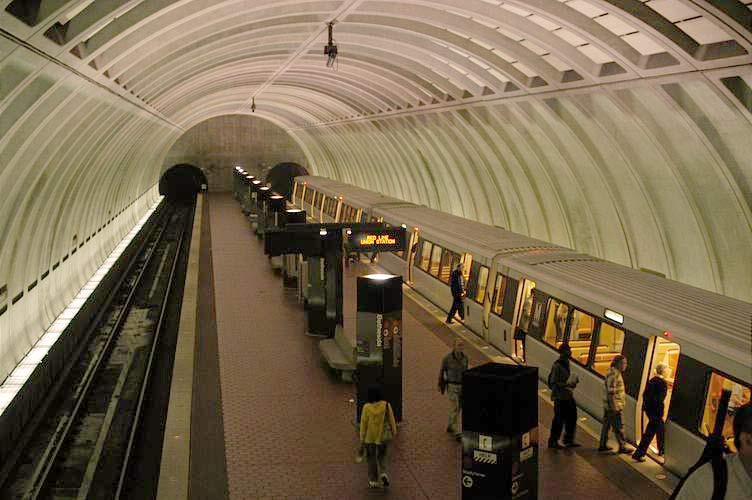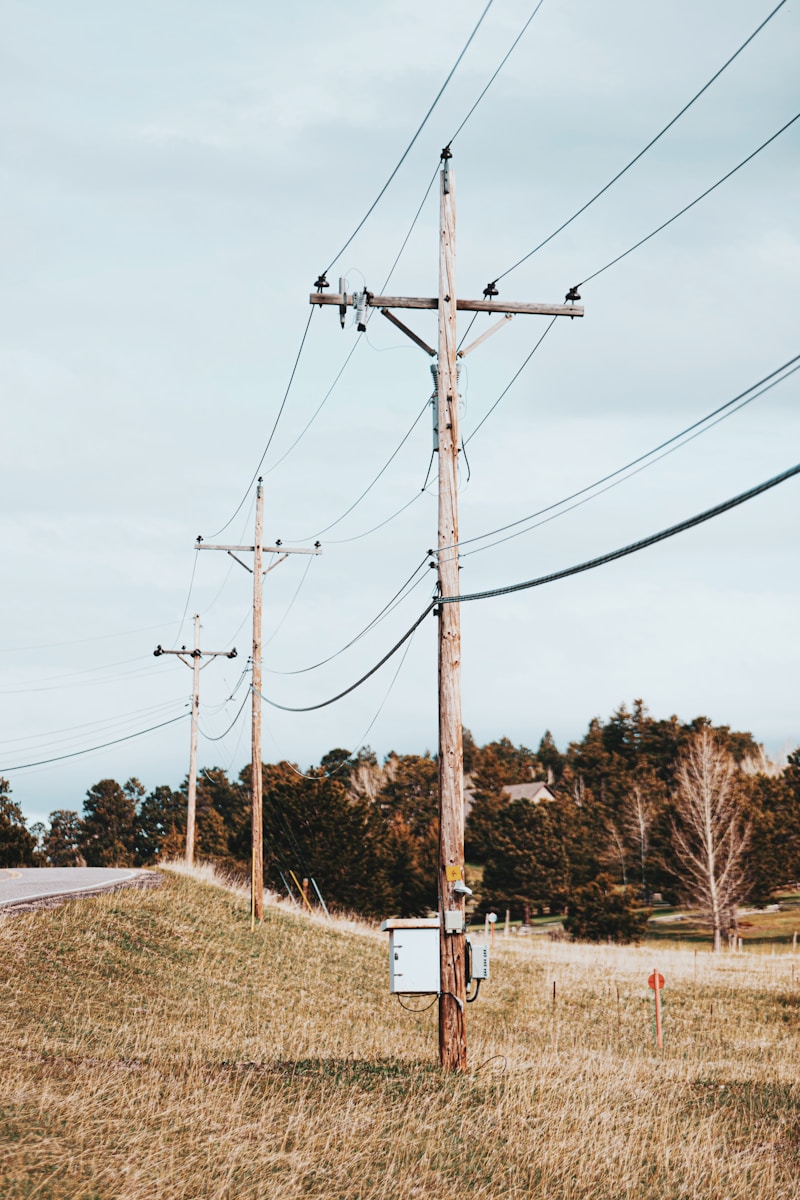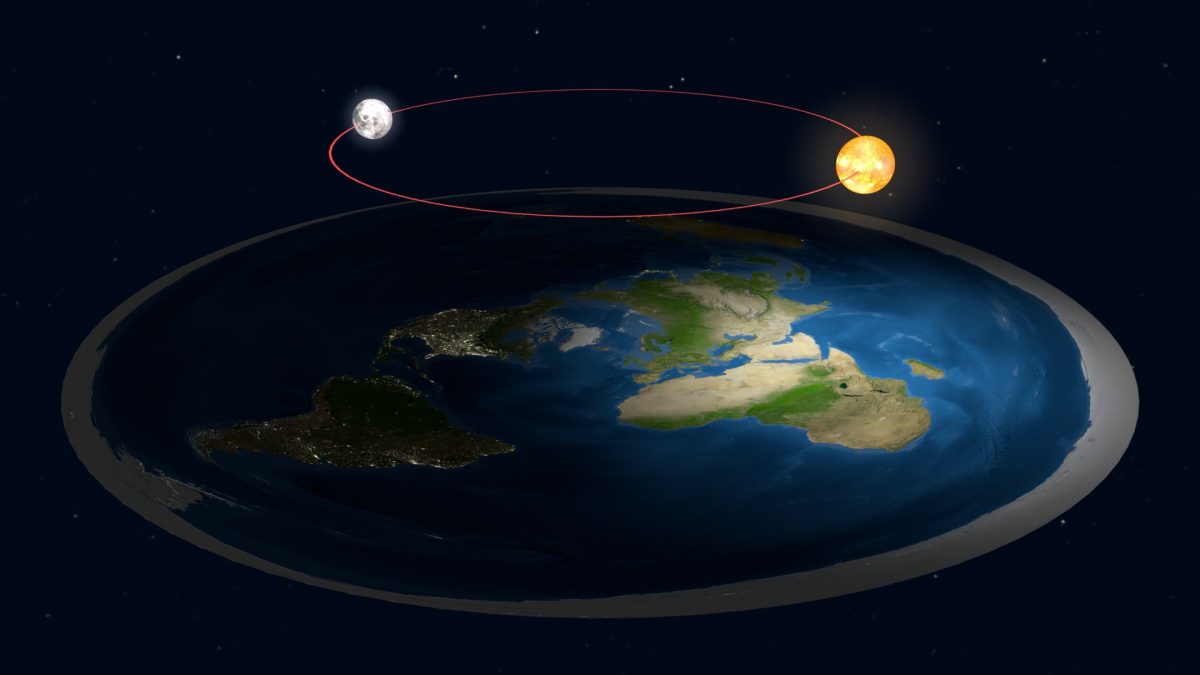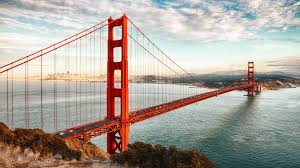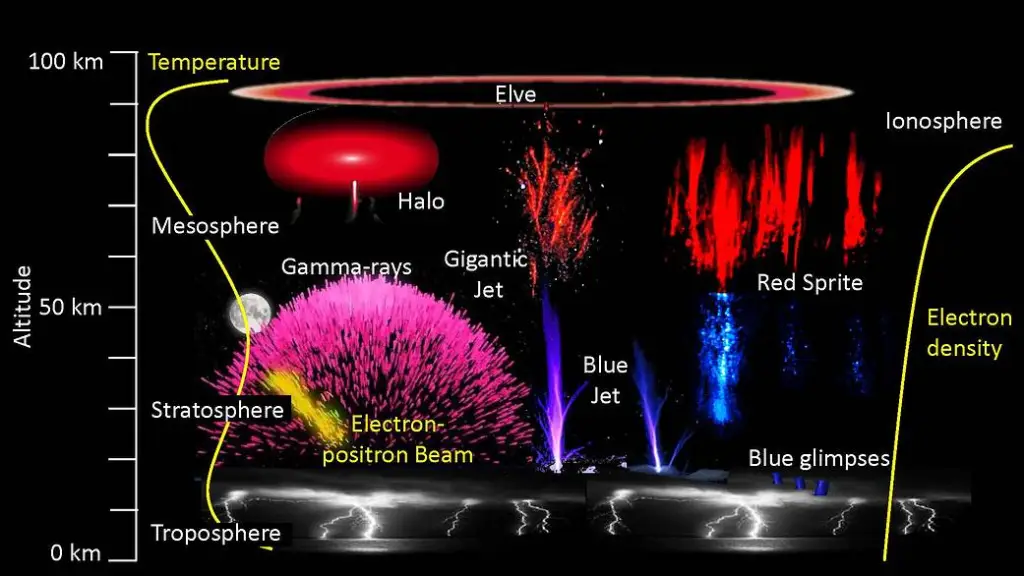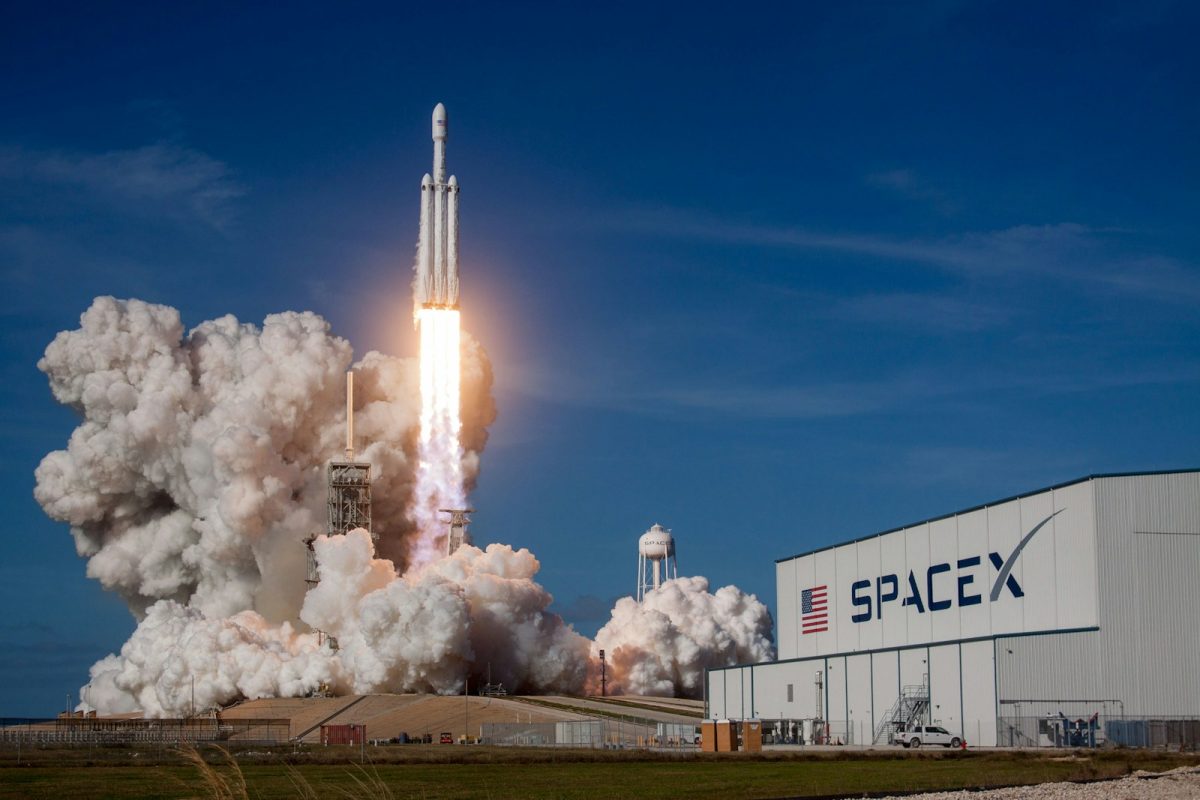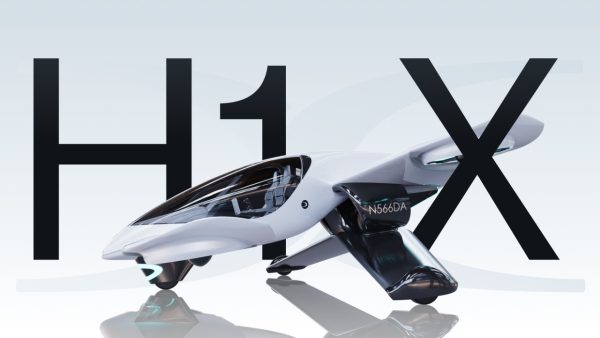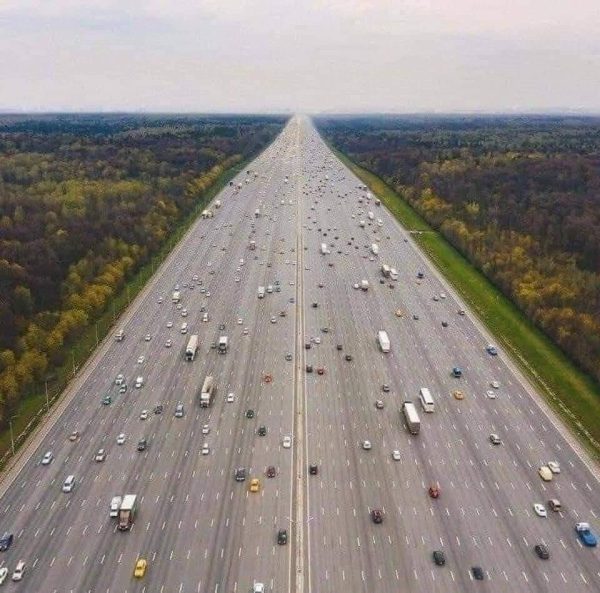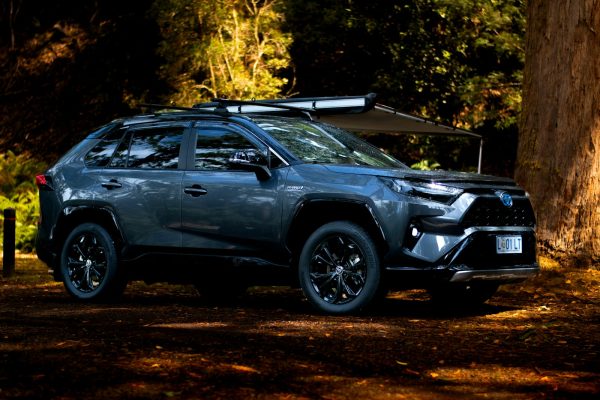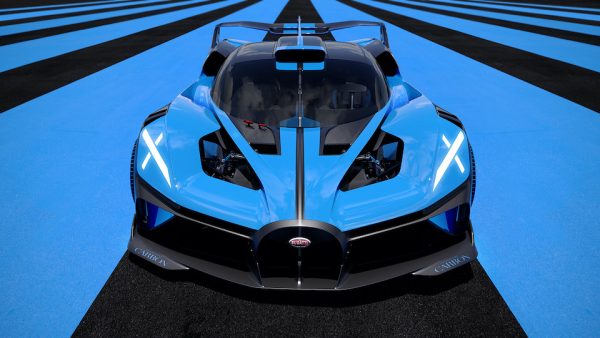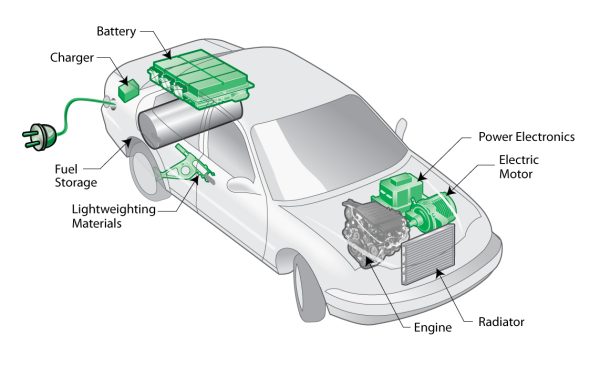Will Metrorail Fares Finally Be Reduced?
Washington DC’s mass rail transit system, Metrorail, has historically had ridiculously high fares, especially during rush hour. Trips cost up to $6 dollars during rush hour and there are no discounts for frequent riders unless a monthly rail pass is purchased (which doesn’t save much money for most riders.) The Metrorail system began operations in 1967, and getting it to open at all required a huge political fight. At the time, many leaders were advocating for the construction of highways with no need for any mass transit at all, while those who were less short-sighted were fighting for bringing mass transit to DC. In the end, the fight for transit was partially won, as the Metrorail system was constructed, though delays due to inflation and political fights resulted in a smaller system being built than originally planned that in many cases ran in poorly chosen locations, such as highway medians and previously existing heavy rail right-of-ways. The system also got ridiculously high fares, because part of what helped transit advocates win the fight for Metrorail was agreeing to make fares cover 100% of operating costs. This was quickly proven to be impossible, though the fares were still kept very high because many political leaders were reluctant to provide more funding. As absurd as it sounds, some leaders though public transportation was not a public service and should be able to sustain itself.
Today, rush-hour riders have to pay $2.25-$6.00 per trip while off-peak riders pay $2.00-$3.85 per trip. A commuter traveling from a suburb into Washington, DC would pay $12.00 a day for Metrorail alone. That does not include connecting buses or parking fares. A family of five traveling into DC to do some sightseeing on a weekend would pay an absurd $38.50 or more for Metrorail since there is no family pass or weekend pass. Metro’s board of directors is finally proposing more reasonable fares – kind of. The proposal is essentially that off-peak fares would be in effect at all times and in many cases riders would pay less that a current off-peak fare. Under this proposal, most trips would be $2.00, longer trips would be $3.00, and trips that reach all across the system would be $3.85. Transit advocates have been calling for this for a long time now as Metrorail currently does not provide more service during rush hour, so riders are paying more for the same level of service. The proposal also includes free or reduced parking at all Metro operated parking facilities. The proposal would greatly benefit rush hour riders, cutting fares in half or more in most cases. Suburb to DC commuters would pay $4.00 or $6.00 a day under the proposal. Despite that, the plan is only a half solution- it addresses the high fares during rush hour, but does nothing to reduce fares for those traveling during off-peak times even though those people make up 70% of Metrorail riders. This is especially a problem for groups traveling together, though addressing this particular issue would require a redesigned fare-collection system that would allow for group passes. The proposal also does not include any passes that could benefit frequent riders.
This proposal comes at the same time as many local bus systems in the DC area are proposing free fares for all riders at all times. If all the proposals go through, fares for rush-hour commuters would drastically decrease to a more reasonable price. Off-peak riders will not have any major impacts and there will still be many passes missing from Metrorail’s fare system, so it is not a perfect solution though would certainly be a big improvement. Metro’s leaders hope that the reduced fares will help to attract riders back to Metrorail after the pandemic and make transit more intriguing for current car drivers. At the end of the day, this benefits current riders, future riders, the environment, and the economy as whole, so these reduced fares would without a question be beneficial for all. Only time will tell if the proposal will pass, though governments have shown increased willingness to fund transit as issues regarding environment have arisen over the years, so many transit advocates are optimistic that Metrorail’s high peak fares will finally be made more reasonable.
Related Articles:
https://dcist.com/story/21/04/08/metro-board-debates-lowering-fares-to-attract-riders-post-pandemic/
